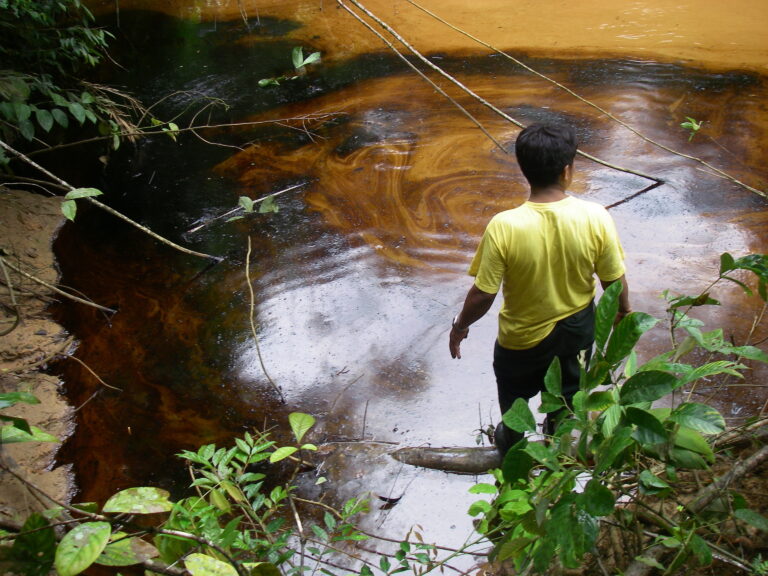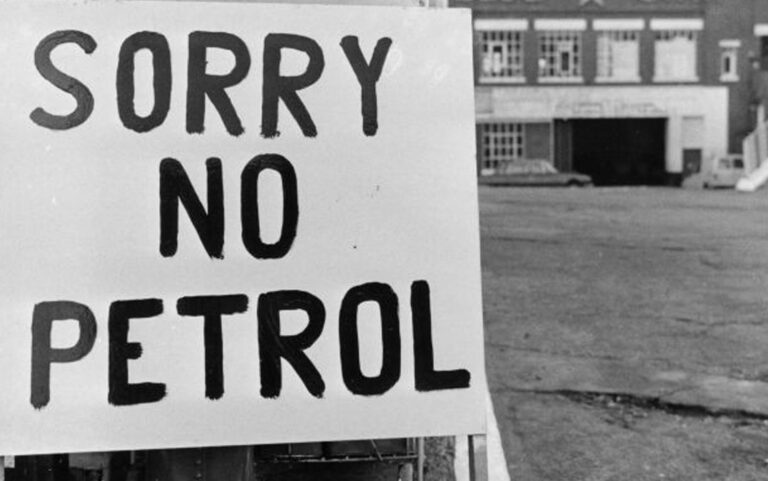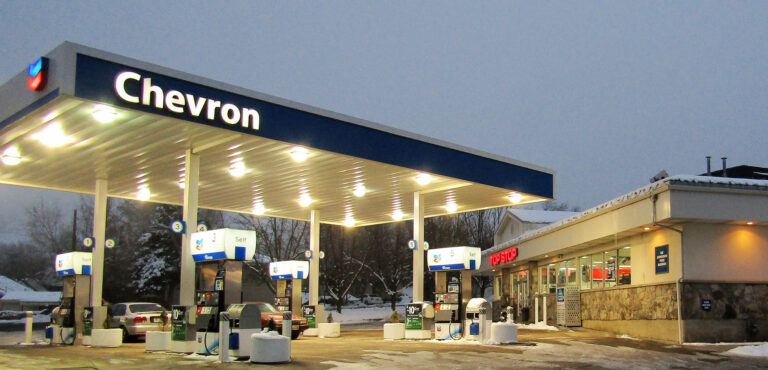
Oil trader Vitol silent about its activities in high-risk Nigeria


Oil trader Vitol is one of the world’s biggest companies, yet its operations have largely remained under the radar. A new report by SOMO and CISLAC sheds light on Vitol’s activities in the high-risk oil sector of Nigeria, questions the company’s lack of transparency and failure to comply with international standards for responsible business conduct, and calls for new legislation to hold companies like Vitol accountable for the impact of their activities abroad.
Public information about Vitol is scarce. As a privately-owned company, the global oil trader shares very little information about its activities, ownership and human rights policies compared to stock-listed companies of similar size such as Apple, and much less than is expected by international standards.
High risks
This lack of transparency is problematic given the high risks associated with oil trading. In many oil producing countries, oil revenues comprise a significant portion of the government budget and, in some cases, are the country’s largest revenue stream. This is true in Nigeria, where oil sales are also notoriously opaque. This combination of very high potential gains and opacity surrounding oil sales has proved conducive to corruption and fraud. Vitol and other oil traders have been named in relation to various controversial practices. Vitol denies involvement in these controversies, but the company also chooses not to disclose information that could improve transparency and accountability in the sector.
Vitol’s lack of transparency also extends to how it addresses human rights and environmental impacts in its supply chain. This is a serious concern, as the Nigerian oil sector is frequently associated with severe social and environmental impacts.
Chinedu Bassey, Programme Manager at the Civil Society Legislative Advocacy Centre(opens in new window) (CISLAC): “In Nigeria, people are confronted with the grim realities of the oil industry on a daily basis, whether because of the pollution during exploration, or because of the corruption that deprives the Nigerian state of the necessary funds for healthcare, education and other essential services.”
Urgent need for binding due diligence legislation
The case of Vitol, a company with Dutch roots currently headquartered in Switzerland, highlights the urgent need for legislation both in the Netherlands (where Vitol was founded) and at the European level to make robust, risk-based due diligence mandatory for companies.
Saskia van Drunen, Senior Researcher at the Centre for Research on Multinational Corporations (SOMO): “The international normative framework for responsible business conduct stipulates that companies operating in high-risk sectors and contexts, should have particularly stringent due diligence procedures in place, including enhanced, proactive communication about how they address human rights and environmental risks associated with their activities. Vitol fails to do so.”
Concrete legislative proposals for mandatory due diligence are currently being discussed in the EU and in various national parliaments, including the Dutch parliament. Also, negotiations for a UN treaty on business and human rights will start again next week. In the meantime, governments should step up their efforts to ensure that companies domiciled in their territories abide by the OECD Guidelines for Multinational Enterprises(opens in new window) and the UN Guiding Principles on Business and Human Rights(opens in new window) .
Partners
-
CISLAC


Related content
-
 Complaint against “Dutch” oil company Pluspetrol for violation of OECD guidelinesPosted in category:NewsPublished on:
Complaint against “Dutch” oil company Pluspetrol for violation of OECD guidelinesPosted in category:NewsPublished on: -
 Shell pressured Nigeria with ISDS process to obtain oil field OPL 245Posted in category:News
Shell pressured Nigeria with ISDS process to obtain oil field OPL 245Posted in category:News Bart-Jaap VerbeekPublished on:
Bart-Jaap VerbeekPublished on: -
 First-ever OECD complaint on tax avoidance filed against Chevron’s shell companiesPosted in category:NewsPublished on:
First-ever OECD complaint on tax avoidance filed against Chevron’s shell companiesPosted in category:NewsPublished on:

